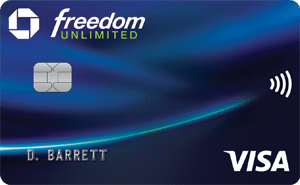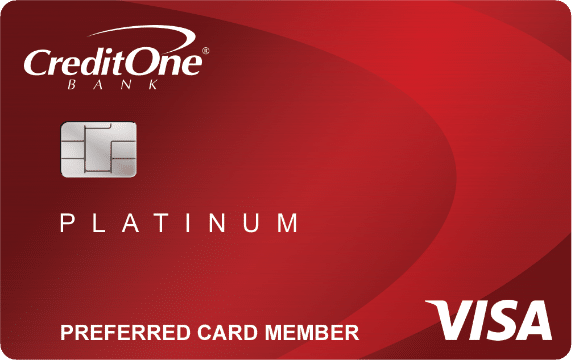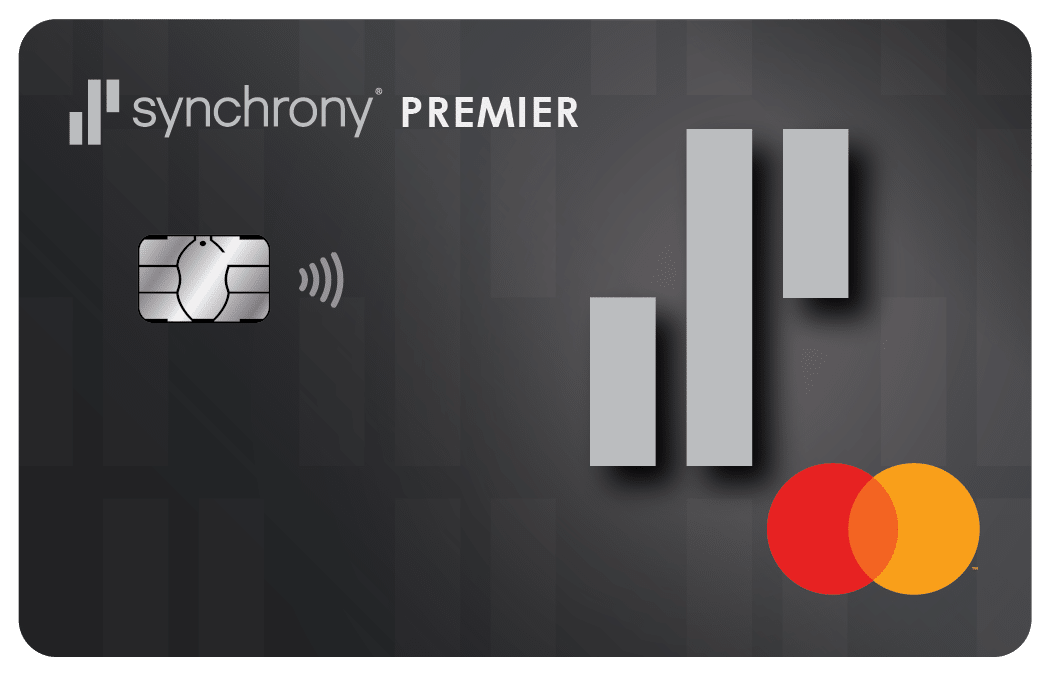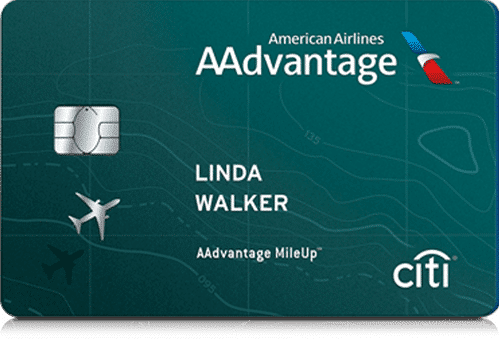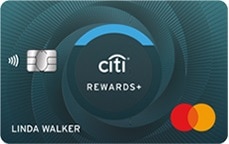
Compare Top Rewards Credit Card Offers
Credit cards can be tricky for some to manage, but when done right, can help ensure your money is protected and earn you back rewards. Credit cards that offer rewards are called rewards credit cards.
Comparing rewards credit card offers is fast and easy:
Compare Best Credit Card Offers
Best Rewards Credit Cards of April, 2025
Not sure which credit card is right for you?
No worries, we've got you covered! Compare multiple credit cards in just minutes without impact on your credit score.
What is a rewards credit card?
A rewards credit card is a credit card where the lender has added rewards for spending on it. For example, you may get free air miles when you spend, credit to put toward hotel stays, cash back bonuses, and/or vouchers for stores like Amazon.
How does a rewards credit card work?
A rewards credit card can be used like any other credit card – you’ll apply for a card, receive a maximum credit limit, and an interest rate (APR) that will apply to any balance you hold on the card. You are required to pay a monthly minimum payment to maintain a balance, if you have one.
The big difference when it comes to rewards credit cards is that you may get a reward after you spend a certain amount. For example, some cash back rewards cards offer $200 cash back when you spend $700 on the card.
Ideally, you’ll pay off the entire credit card bill each month, while taking advantage of the rewards. If you use your credit card for your monthly groceries and gas for your family (and your rewards apply to that type of spending), you could spend that $700, get your $200 cash back, and essentially have saved $200. That is the power of a rewards credit card.
What can a reward credit card be used for?
Rewards credit cards can be used for any purchase you can make with a card, though you often need to spend on certain things to earn the rewards. Fortunately, many of these categories are daily spending, such as gas, groceries, and similar needs. This can make using rewards credit cards a smart decision.
Who should consider getting a reward credit card?
Anyone with good or excellent credit should consider using a rewards credit card. These cards make it possible for you to spend as normal on your cards, pay them off each month, and earn rewards for everyday spending.
Those with fair or poor credit may find it difficult to qualify and should make sure they have a good handle on how to manage debt and credit cards before considering a rewards credit card.
What are the different types of reward credit cards?
All rewards credit cards fit into one of the following categories:
- Cash back – this is one of the most popular forms of reward credit card, where you’ll earn a percentage (usually around 2%) of your spending in certain categories back after you spend it. For example, if you spend $100 on gas and your card rewarded you 2% cash back for all money spent on gas, you’d earn $2 back.
- Points – this type of card rewards you points for your spending, instead of giving you cash back. What these points are worth and what you can spend them on varies from card to card, but they’re often to do with travel or consumer purchases.
- Miles – this is another popular choice of reward credit card because it rewards you air miles for your spending. This type of card allows you to accumulate “air miles” which you can use to get flights at a discounted rate or for free. This is a great way to take an affordable vacation, or if you live across the country from your family and find it costly to fly back and forth. These cards often offer hotel benefits too.
What are the pros and cons of reward credit cards?
PROS
- They reward you for everyday spending
- You can make everyday expenses a little more affordable
- Many make travel more affordable and some have a lounges at airports
- Many have no annual fees
- Many offer a good initial bonus (so you may be able to profit from using them!)
- Most have rewards that can make a big difference to your life
CONS
- You may feel encouraged to buy more because you’ll earn more rewards
- Your credit card company may encourage you to spend more
- Some have annual fees
- The benefits can expire, especially if you accidentally miss a payment
- The APR is often high, so if you leave a balance on the card you’ll likely spend far more than your benefits offer
- Some cards have a maximum spending limit for rewards
- Some have minimum spending to access rewards
How do you redeem credit card rewards?
Most reward credit cards apply your rewards automatically, but it usually takes 1-2 billing cycles (1-2 months) to see them appear in your account. You’ll usually have an online portal you can log into to track your rewards, redeem, and access them.
How you redeem them will depend on the card you’ve chosen, but make sure the reward has the same value as your points, miles, or cash back, so you don’t devalue what you’ve earned. (For example, if you’ve earned $20 in points, get a $20 Amazon gift card, not $15 at Trader Joe’s.)
Are credit card rewards taxable?
No – in almost all cases, any rewards you redeem are viewed as a discount or gift, not as taxable income.
What credit score do I need to apply for a rewards credit card?
You may be able to find a rewards credit card for fair or poor credit, but generally, you need good or excellent credit to take advantage of the best rewards. For that reason, a credit score of 670 or higher is advisable. The closer you are to the magic 850, the better terms and rewards you’ll be able to access.
What is the best credit card with rewards?
The best reward credit card can change relatively regularly, as new reward cards are released. Make sure you consider what cards you can qualify for and what rewards they offer before you apply. You can compare the best reward credit cards here to find the one that best suits your needs and will offer you the best benefits.
How to Choose the Right Reward Credit Card
To choose the right reward credit card for you, consider:
- Your credit history – are you likely to get a card worth your time? (credit score of 670+ and a good debt-to-income ratio)
- Your spending habits – many cards often have a minimum limit for how much you can spend to qualify for rewards, so make sure you have an accurate assessment of your monthly outgoings in the qualifying categories so you don’t end up missing out entirely or, worse, spending more just to get the rewards
- Why you want one – do you want to take advantage of introductory offers, get some money back for your monthly spending on gas and groceries, or are you determined to take a costly vacation in a year or two? This will help you narrow down not only what type of card you need, but you’ll also be able to calculate what kind of reward you may be able to get with the card over a longer term of monthly spending on it.
- What you plan to use it for – this is like the point above, but if you plan to carry a balance on your card, a rewards credit card usually isn’t the right way to go about a larger purchase.
5 Tips to Maximize Your Credit Card Rewards
- Choose your card carefully – if you choose a card with high fees, with the wrong type of reward, or minimum or maximum limits you weren’t aware of, you may not find it as beneficial as you hoped. Make sure you understand fully what the card offers and any fees or limitations.
- Change the way you pay – once you’ve got the card, you’ll want to make sure you’ve got it with you so you can use it for all qualifying expenses you make to maximize your rewards. If you got it for groceries but only use it for big grocery runs and not those after-work trips to grab something for dinner, you’ll miss out.
- Set up an automatic payment – set up an automatic payment with your bank so that the card is paid in full each month. The fastest way to ruin your benefits (or even have them taken away) with a rewards credit card is to forget to pay it back each month.
- Stay cognizant of what categories count – again, you don’t want to find out 6 months down the line that you could have been getting cash back for your gas or restaurant trips.
- Investigate bonus rewards – many cards offer bonus rewards when you work with a sister or partner company, so stay up to date with what your card offers and if it changes, set a date each week/month that you log into your portal to see if anything has changed.
Are reward credit cards worth it?
Yes, if you are in the habit of paying off your credit cards each month and in control of your spending, and select the right card(s), you’ll find rewards credit cards are well worth it!
Apply for a reward credit card
Do you feel ready to take advantage of a reward credit card? Compare the best rewards credit cards here and choose the one that’s right for you – many even offer preapproval so you’ll know what you’ll get before you apply. Once you find the one that’s right for you, all you need to do is apply. This usually takes just a few minutes and you often get approved immediately.
Quick links

What Type of Credit Card Do You Need?
Find Best Credit Card Offers
Credit Cards By Category
0% APR Credit Cards
Airline Credit Cards
Balance Transfer Credit Cards
Business Credit Cards
Cash Back Credit Cards
Hotel Credit Cards
Low Interest Credit Cards
No Annual Fee Credit Cards
Prepaid Credit Cards
Rewards Credit Cards
Secured Credit Cards
Student Credit Cards
Travel Credit Cards
Credit Card Issuers
Capital One®
Chase®
Citi®
Credit One Bank®
Mastercard®
Visa®
ADVERTISER DISCLOSURE: PashaFunding.com operates as an independent credit card comparison/review website. We want to be transparent with our users and disclose that we may receive compensation from various card issuers when users acquire credit cards through our site. This compensation may impact the placement and display of products on our site, including their order within listing categories.
EDITORIAL DISCLOSURE: The content and reviews on PashaFunding.com are prepared by our in-house staff. We strive to provide accurate and up-to-date information, but we cannot guarantee the reliability of all credit card details. To review the specific terms and conditions for a particular credit card, please click on the "Compare Credit Cards" links, which will redirect you to the card issuer's website. It is important to carefully review all the information provided by the issuer before making any decisions.

